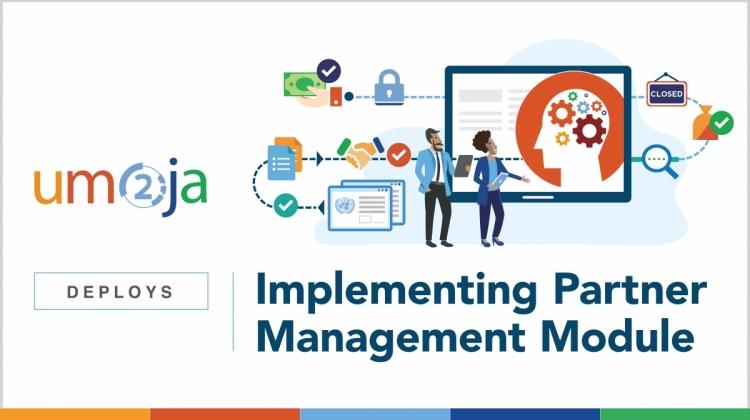Umoja deploys Implementing Partner Management Module

In December, Umoja deployed the Extension 2 Implementing Partner Management/Grantor Management module to all Secretariat entities which work with implementing partners or issue grants to an entity.
This implementation followed successful deployments to UNMAS, UNEP, and UN-Habitat in December 2018, and OCHA in November 2019.
The latest deployment included about 30 entities, including 12 peacekeeping and special political missions.
The United Nations engages implementing partners such as United Nations system agencies, funds and programmes, government agencies and non-governmental organizations to help execute its mandates, by leveraging their capacity to implement activities to support the Organization’s mandated activities.
In some cases, the UN also awards grants directly to entities whose own programmes or projects are aligned with the UN’s mandate in order to develop or strengthen the capacity of such an entity.
Unlike voluntary contributions received by the UN which are managed through the Umoja Grants module, transactions with implementing partners and grant recipients are managed through the “Grantor” management module, as the UN is the “Grantor”, entrusting the implementation of programmes or projects to a UN partner.
Implementing partners are responsible and accountable to the UN for funds entrusted to them.
The Grantor Management module enables the recording, tracking and analysis of the entire business life cycle of the relationship with implementing partners, from inception to closure.
Previously, transactions with implementing partners were recorded in the Grants Management modules of Umoja Foundation.
Now, all steps and transactions in the life cycle of a grant will be entered into a new integrated solution that also covers the interaction with implementing partners.
As we move forward, the Grantor Management business process could be further enhanced to include integration with budget, strategy and programme management, enabling the Secretariat to better deliver on the Secretary-General’s reform initiatives.




